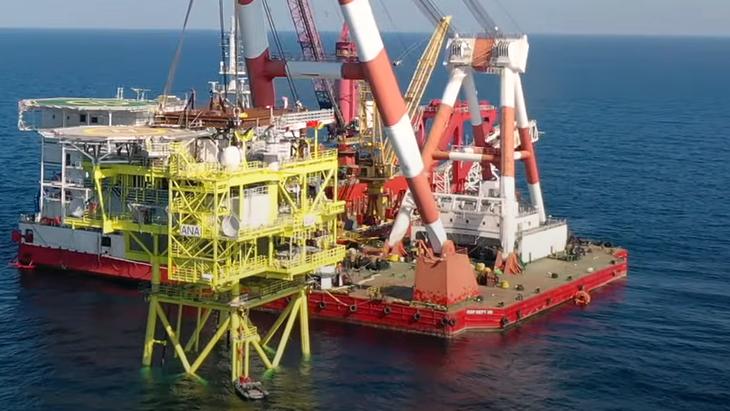The new offshore law is still insufficiently satisfactory for investors, Black Sea Oil & Gas (BSOG) officials told Energynomics. They argue that excise taxes are not being eliminated, a critical point in the decision of companies to invest in offshore gas perimeters in the Black Sea, in recent years.
“The evaluation of the draft of the new offshore law shows us that it does not eliminate the tax on additional income that blocked offshore projects in the Romanian continental shelf of the Black Sea in the last four years. BSOG developed the MGD project on the premise that these offshore tax measures will be repealed by the time production begins. We have repeatedly stated that the extremely burdensome additional taxation is contrary to the assurances and legal provisions offered by the Romanian State when investors entered the country, it is very onerous and makes Romania uncompetitive compared to other offshore jurisdictions,” told Energynomics BSOG officials.
“While Romania continues to explore opportunities and wants to impose higher taxes on offshore projects, Turkey has proactively decided to reduce taxation (exemptions from customs duties, VAT and other taxes) and will be prepared to put gas discovered off the Black Sea belonging to Turkey since 2023 into production,” they added.
BSOG could start extracting gas from the Black Sea in the second half of this year, and work is progressing, BSOG officials also said.
In the other important project, OMV and Romgaz would release the first gas molecule from the Black Sea in 2026, needing capital to support investments worth several billion euro.

